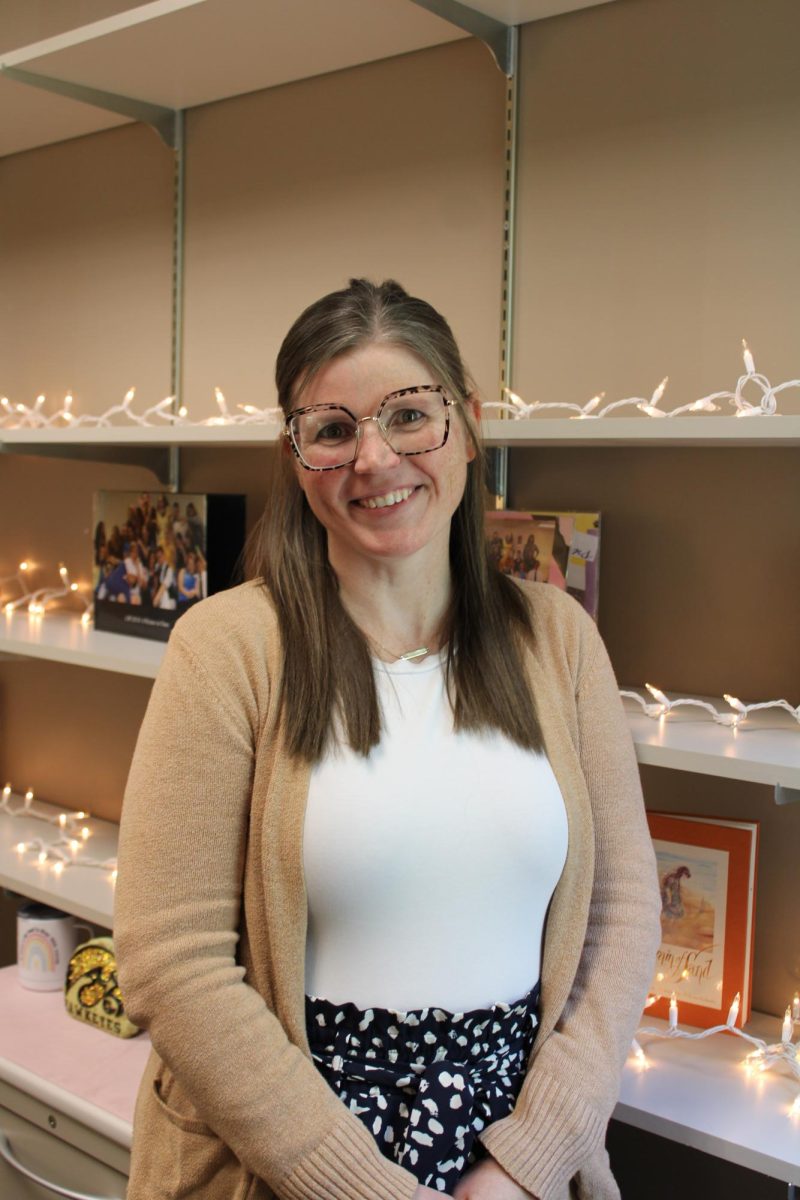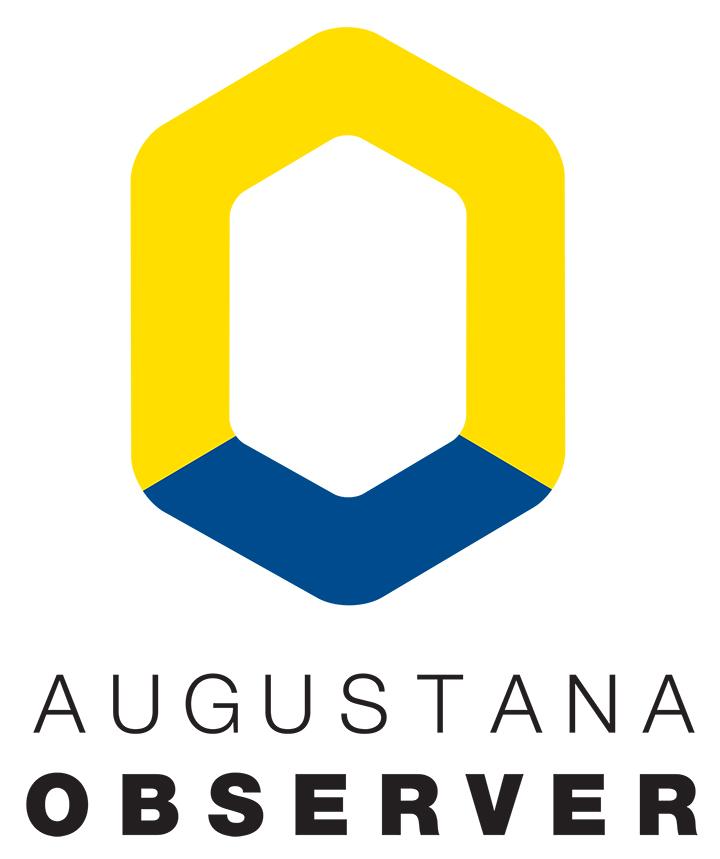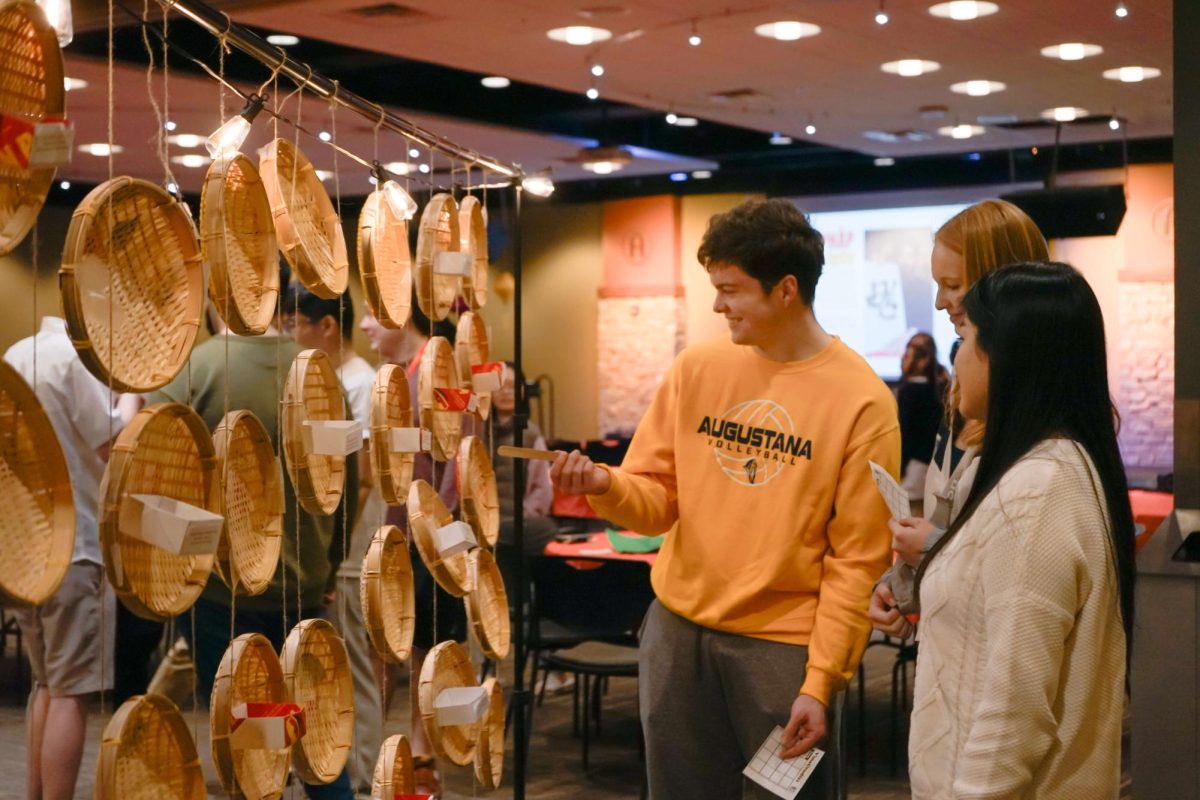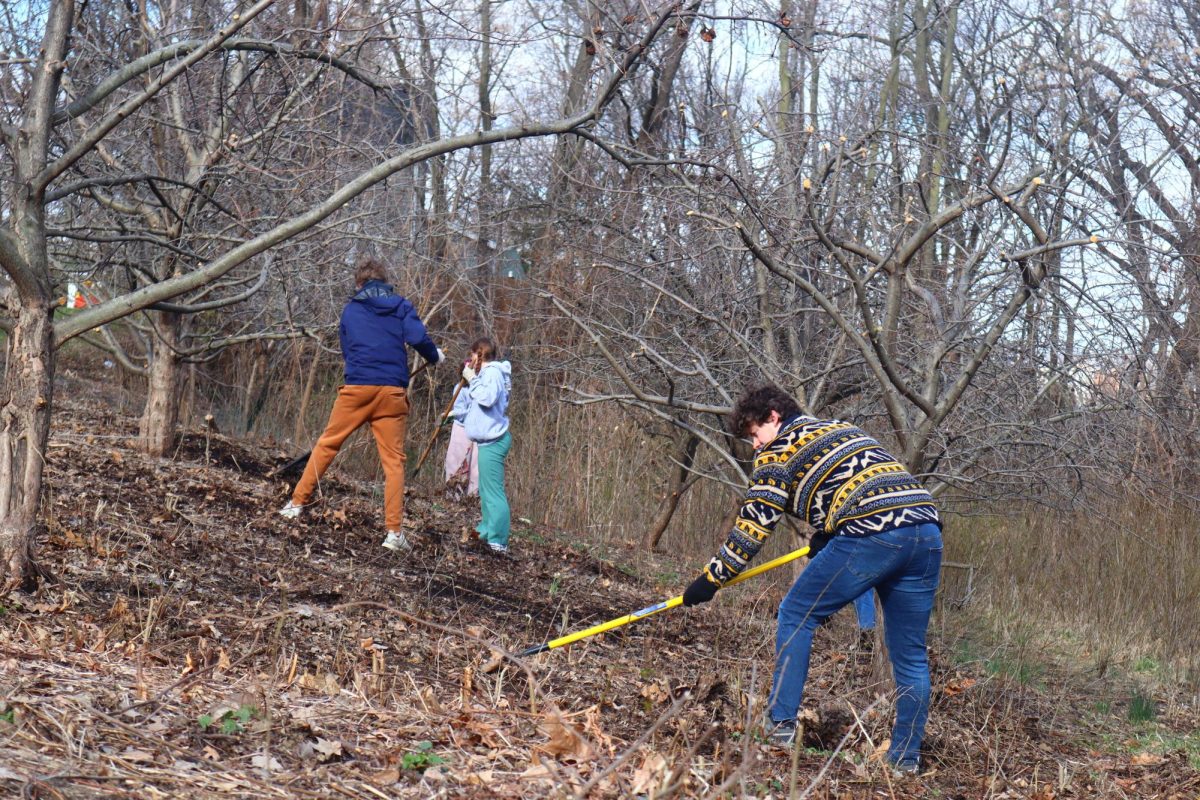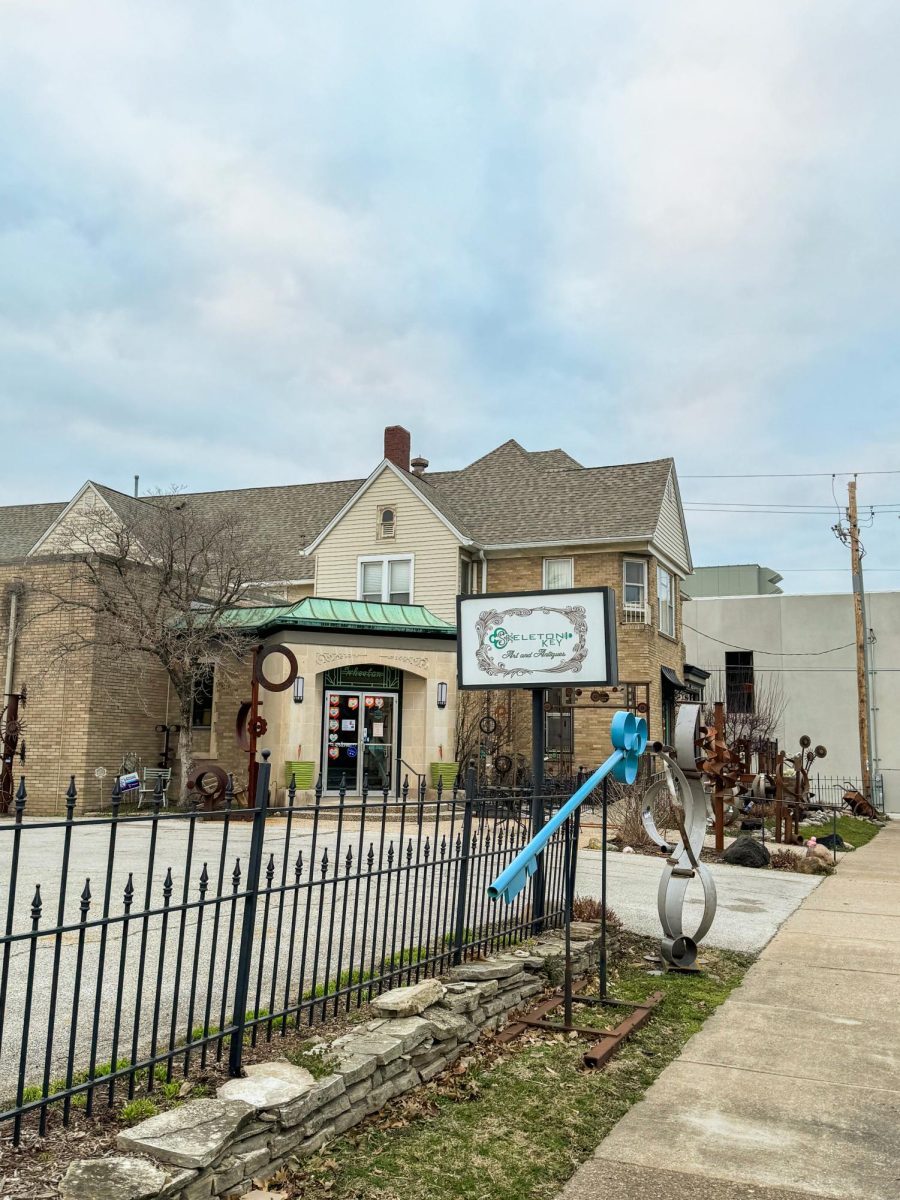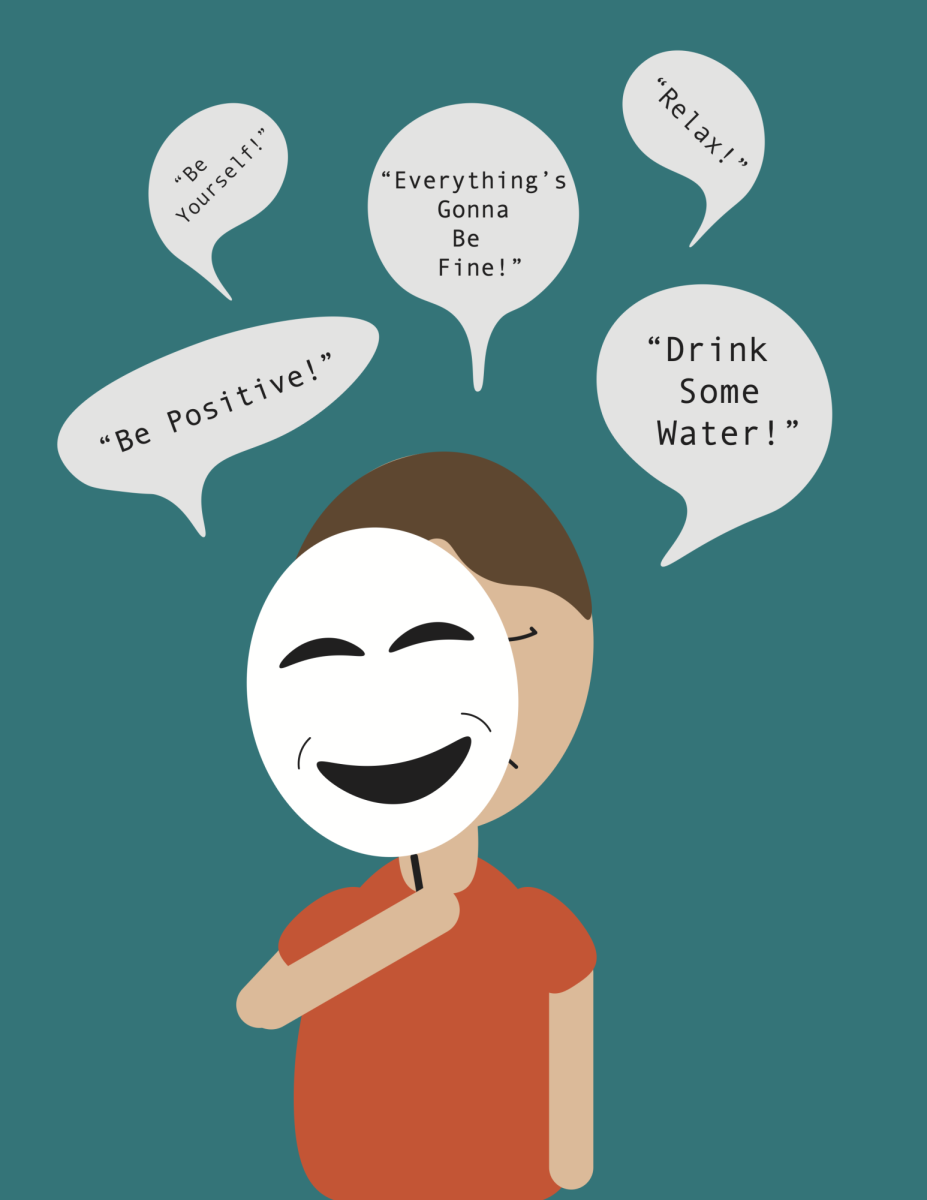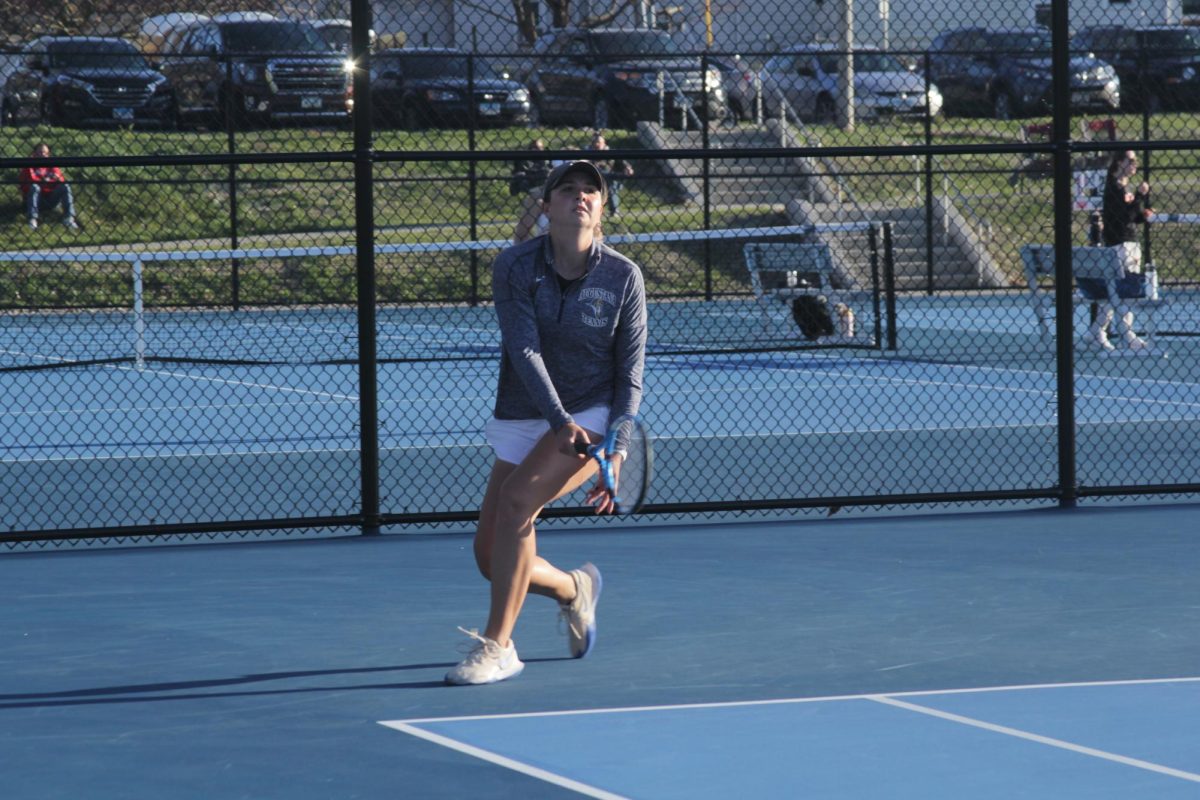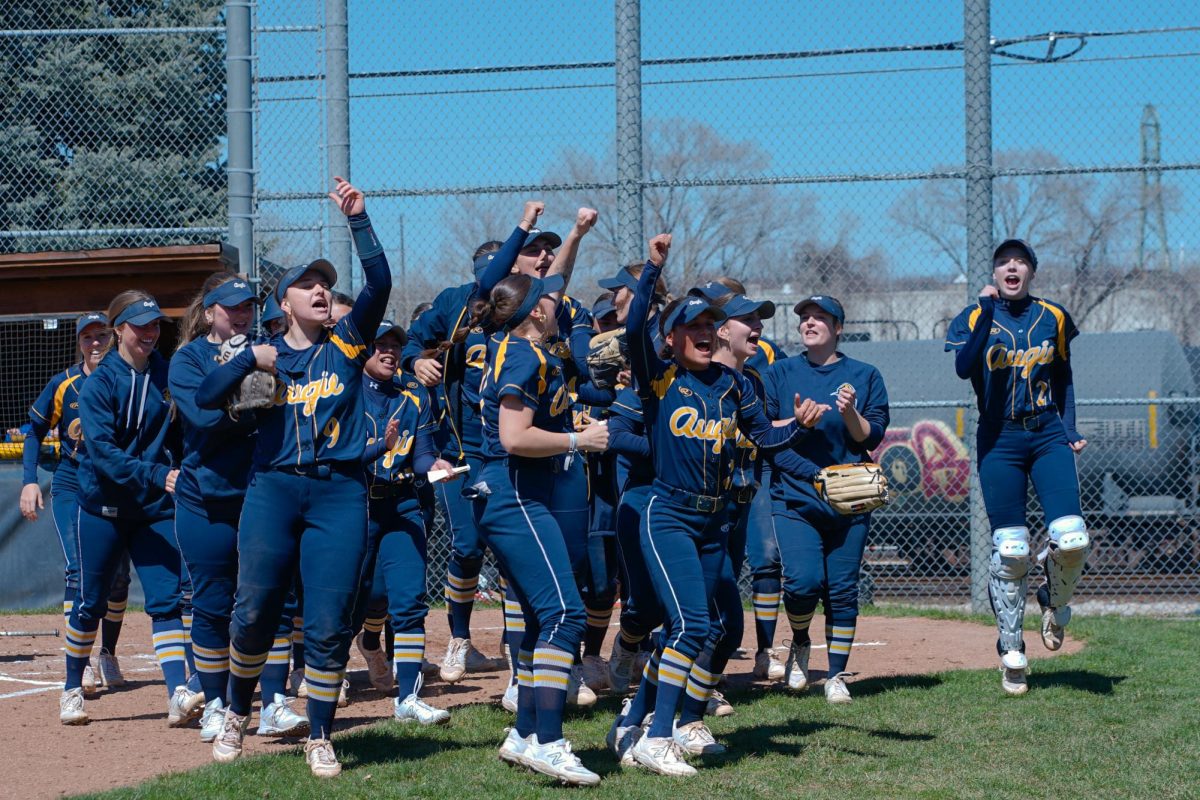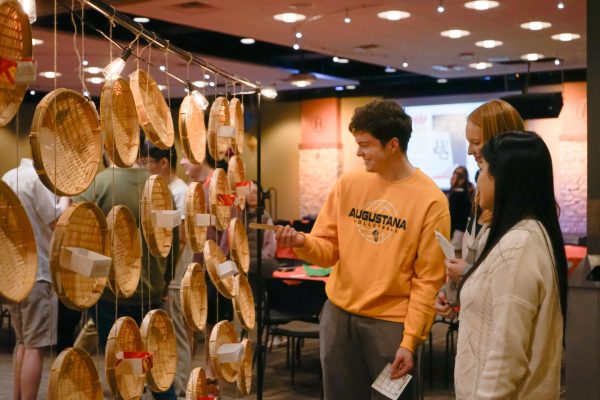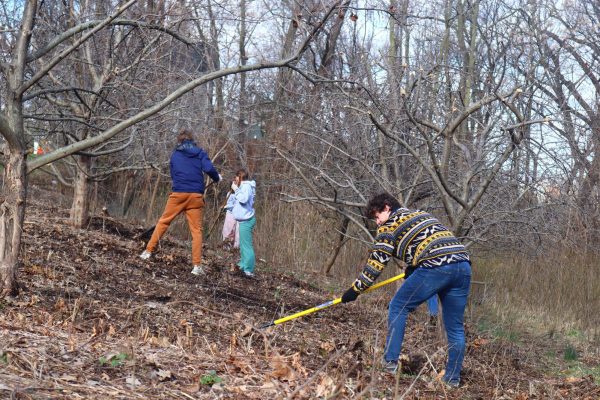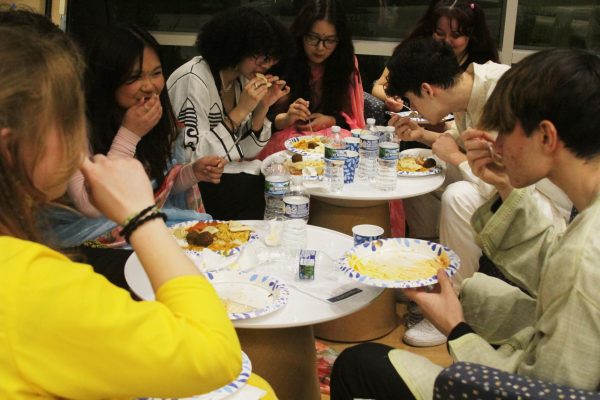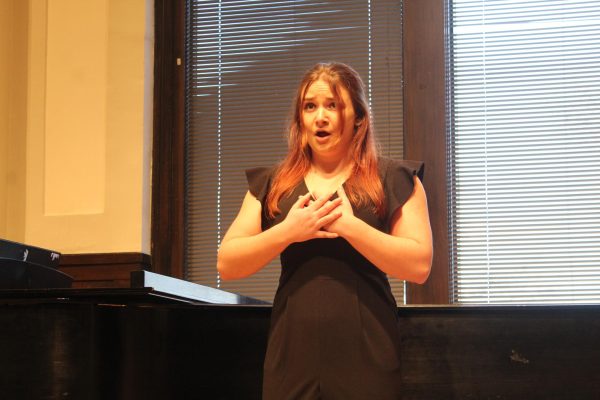Diversity and equity survey: How’s Augustana doing?
March 10, 2023
The Diversity and Equity Campus Climate Survey is a crucial tool utilized by Augustana College to gather data and opinions from students, faculty, staff and other members of the campus community regarding diversity, equity and inclusion. On Feb. 21 and March 2, Dr. Monica Smith, director of diversity, equity and inclusion (DEI), and Dr. Tsooane Molapo, director of institutional research, presented the results of the latest survey during a Zoom presentation.
The survey covers a range of topics including bias incidents, discrimination, harassment, accessibility and inclusion. The primary goal is to collect information and perceptions from members of the community to determine where they stand and how the school can improve on factors related to diversity and equity.
The survey is designed to provide a comprehensive understanding of the current state of diversity, equity and inclusion on campus to guide efforts to create a more inclusive and welcoming environment for all community members.
A shared takeaway of this year’s survey report was that “Within our community, members of different groups, especially marginalized ones, report more positive perceptions of institutional support for diversity and equity.” But this survey also showed the institution is not without problems.
In this year’s Report-Out, political and generational remarks were the most common disparaging remarks reported. Of the respondents, approximately 71% liberal, 64% conservative and 59% “middle-of-the-road” reported negative remarks about their political affiliation.
Approximately 47% of non-binary students reported discrimination or harassment on campus or at an off-campus location affiliated with Augustana, followed by 27% of women and 18% of men. For employees, 24% of women reported discrimination or harassment, while 11% of men reported the same.
“We hope that every member of the community at Augustana will participate in important surveys regardless of whether or not they have experienced discrimination and harassment,” Smith said in an interview with the Observer. “We will use the results of the survey to inform and improve support, policies and practices at Augustana.”
Augustana College has been making efforts to ensure the physical and emotional safety of students and faculty members. There are public safety services available 24/7 to report crimes of any kind. The college also has safety helplines, CAs on duty and availability of ACES. There are also security cameras throughout the campus, which are monitored 24/7.
A college campus’ commitment to diversity and inclusion must include safety measures. When students, staff and faculty feel safe, they are more likely to feel welcome and included. Individuals from various backgrounds may feel unwelcome, excluded or alienated when safety is absent, which might limit their capacity to fully engage in the campus community.
According to sophomore Larbi Bellatif, an international student senator, there are unrecognized obstacles for some students on campus.
“From my interactions with different cultures and backgrounds, I observed that there is a common invisible social barrier that not many dare to dismiss completely for the sake of a better connection in our educational community,” Bellatif said. “Augustana is on the right path to achieve that, as some older schools did, but I think we need to accelerate the pace.”
According to the article Implications of Language Barriers for Healthcare: A Systematic Review, language barriers pose a significant challenge for non-native people. Some students may struggle to understand and communicate effectively in English, which can lead to difficulties in academic and social settings. This language barrier can also lead to cultural misunderstandings, further exacerbating the difficulties faced by non-native people in American universities.
“Everyone who had the intention of coming here would already have known that English would be the primary module language, but there are some barriers between domestic and international students,” Bellatif said.
Bellatif also suggested that the college could improve this by conducting workshops and events.
Many universities offer language support services such as reading-writing centers, language classes for non-native speakers, exchange programs and other activities. Students should take full advantage of those services. Learning a new language takes time and effort. We need to be consistent and patient and put effort into it.
Surveys are a crucial tool for gathering data and opinions from a large number of individuals. They have numerous uses in a variety of industries, including market research, social science, medicine, education and many more.
“I hope that community members attend the remaining HEDS [Higher Education Data Sharing Consortium] Report-Out sessions to learn more about what has been reported about people’s experiences on campus,” Smith said.
The goal of the Diversity and Equity Campus Climate Survey Reports-Out is to provide a comprehensive understanding of the current state of diversity, equity and inclusion on campus to guide efforts to create a more inclusive and welcoming environment for all community members.
To hear the results of this Report-Out firsthand, future sessions will take place March 14 1-2 p.m. in Wilson Center and April 4 1-2 p.m. virtually.
